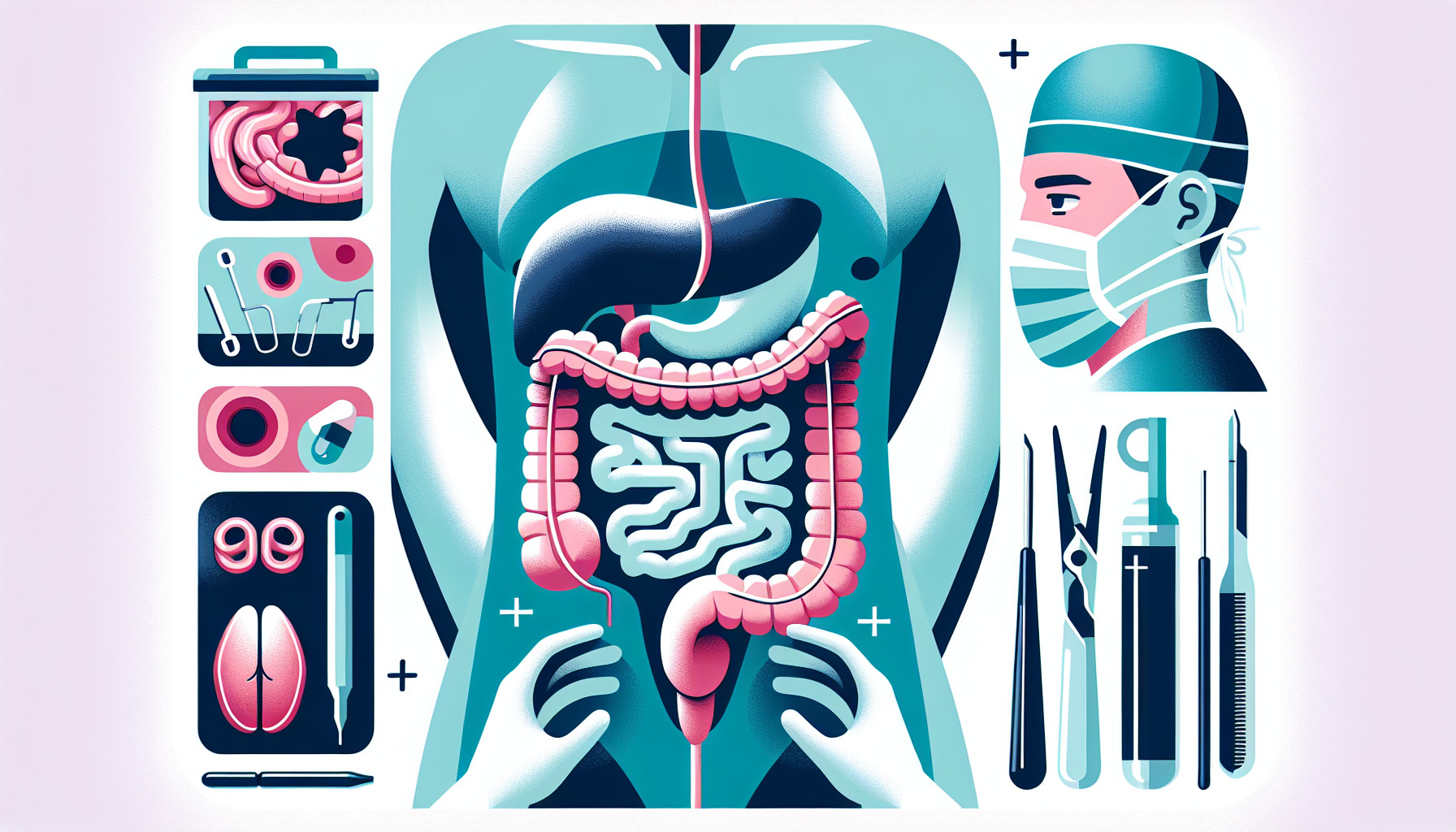Our Summary
This research paper discusses the challenges in organ transplantation, particularly in intestinal transplantation. The main challenge is achieving ’tolerance’, which means the recipient’s body accepting the new organ without rejecting it. Currently, heavy doses of drugs are required to suppress the body’s natural immune response which can be harmful and often do not lead to full tolerance. The paper refers to the work of Thomas Starzl, who highlighted the importance of ‘chimerism’, a state where cells from both the donor and receiver coexist in the body, in achieving successful organ transplant.
The paper also discusses a new approach, the Leuven Immunomodulatory Protocol (LIP), which was introduced in 2000. This protocol involves various interventions aimed at increasing tolerance in both the donor and recipient, with the goal of reducing the need for heavy drug use and improving the outcome of the transplant. The review aims to give an overview of current knowledge in this area of medical science.
FAQs
- What is the main challenge in intestinal transplantation according to the research paper?
- What is ‘chimerism’ and how does it relate to organ transplantation?
- What is the Leuven Immunomodulatory Protocol (LIP) and how does it aim to improve the outcome of organ transplants?
Doctor’s Tip
One helpful tip a doctor might tell a patient about intestinal transplant is to follow their prescribed medication regimen closely to prevent rejection of the new organ. It is important to attend all follow-up appointments and communicate any changes in symptoms or health status to your medical team. Additionally, maintaining a healthy lifestyle with a balanced diet and regular exercise can help support the success of the transplant.
Suitable For
Patients who are typically recommended for intestinal transplant are those who suffer from irreversible intestinal failure due to various reasons such as short bowel syndrome, inflammatory bowel disease, congenital defects, and motility disorders. These patients may have tried other treatments such as parenteral nutrition or bowel lengthening procedures with no success.
Additionally, patients who have complications from long-term parenteral nutrition, such as liver failure or recurrent infections, may also be recommended for intestinal transplant. Patients who have failed previous organ transplants, such as kidney or liver transplants, may also be considered for intestinal transplant if their intestinal failure is the primary cause of their health issues.
Overall, patients who are experiencing severe complications from intestinal failure and have exhausted other treatment options may be recommended for intestinal transplant as a last resort to improve their quality of life and overall health.
Timeline
Before intestinal transplant:
- Patient diagnosed with intestinal failure due to various reasons such as short bowel syndrome, inflammatory bowel disease, or congenital defects.
- Patient undergoes extensive medical evaluations and screenings to determine eligibility for transplant.
- Patient is placed on the waiting list for an intestinal donor, which can take months to years.
- Patient undergoes pre-transplant preparations, including physical and mental health evaluations, as well as education on post-transplant care and medications.
After intestinal transplant:
- Patient undergoes the transplant surgery, which can take several hours to complete.
- Patient is closely monitored in the intensive care unit for complications and to ensure the new organ is functioning properly.
- Patient is started on immunosuppressive medications to prevent rejection of the new organ.
- Patient undergoes regular follow-up appointments with medical professionals to monitor the transplant’s success and adjust medications as needed.
- Patient undergoes rehabilitation to regain strength and function after the surgery.
- Patient may experience potential complications such as infection, rejection, or side effects from medications.
- Patient continues long-term follow-up care to monitor the transplant’s success and address any issues that may arise.
What to Ask Your Doctor
- What are the risks and potential complications associated with intestinal transplant surgery?
- How long is the recovery process after intestinal transplant surgery and what can I expect during this time?
- Will I need to take immunosuppressant medications after the transplant, and what are the potential side effects of these medications?
- How often will I need to follow up with my transplant team after the surgery?
- What is the success rate of intestinal transplants, and what factors can affect the outcome of the surgery?
- Are there any lifestyle changes or dietary restrictions I will need to follow post-transplant?
- How will the transplant team monitor for signs of rejection or complications after the surgery?
- Are there any alternative treatments or therapies that could be considered instead of or in addition to an intestinal transplant?
- How long does an intestinal transplant typically last, and are there any factors that could affect the longevity of the transplant?
- What research or advancements are being made in the field of intestinal transplantation that could potentially improve outcomes in the future?
Reference
Authors: Dubois A, Jin X, Hooft C, Canovai E, Boelhouwer C, Vanuytsel T, Vanaudenaerde B, Pirenne J, Ceulemans LJ. Journal: Hum Immunol. 2024 Jul;85(4):110827. doi: 10.1016/j.humimm.2024.110827. Epub 2024 May 27. PMID: 38805779
